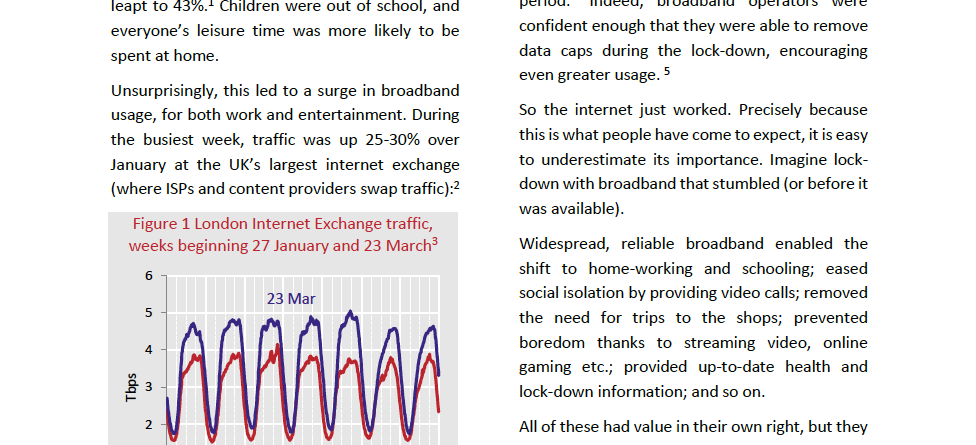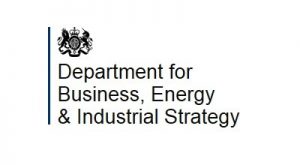DCMS consultation on changes to the Electronic Communications Code
DCMS has published a consultation on changes to the Electronic Communications Code (ECC) which is the legal framework underpinning agreements between landowners and communications operators in the UK. The Code was substantially reformed in 2017 to make it easier and faster for apparatus to be deployed, maintained, shared and upgraded in rural areas, balancing the need for digital infrastructure with the rights of landowners and other site providers. (more…)













